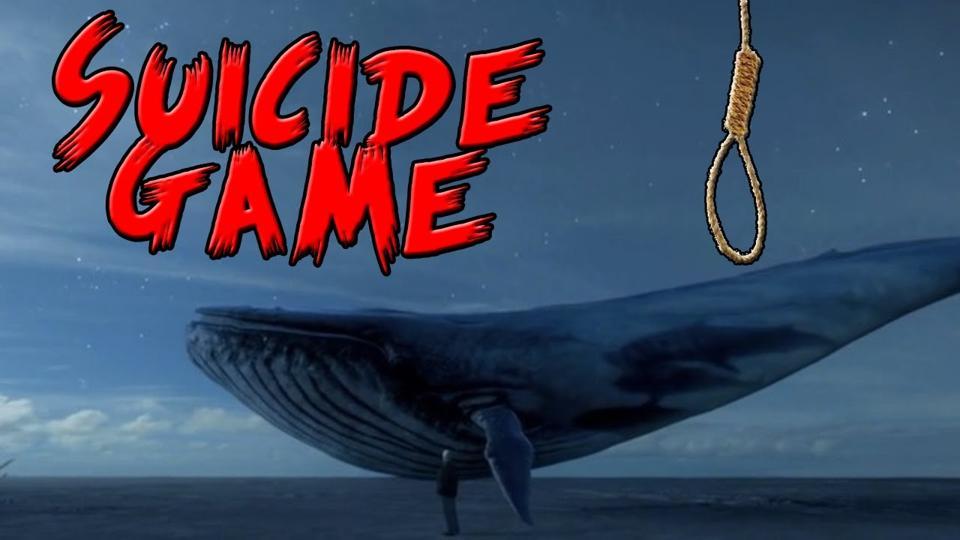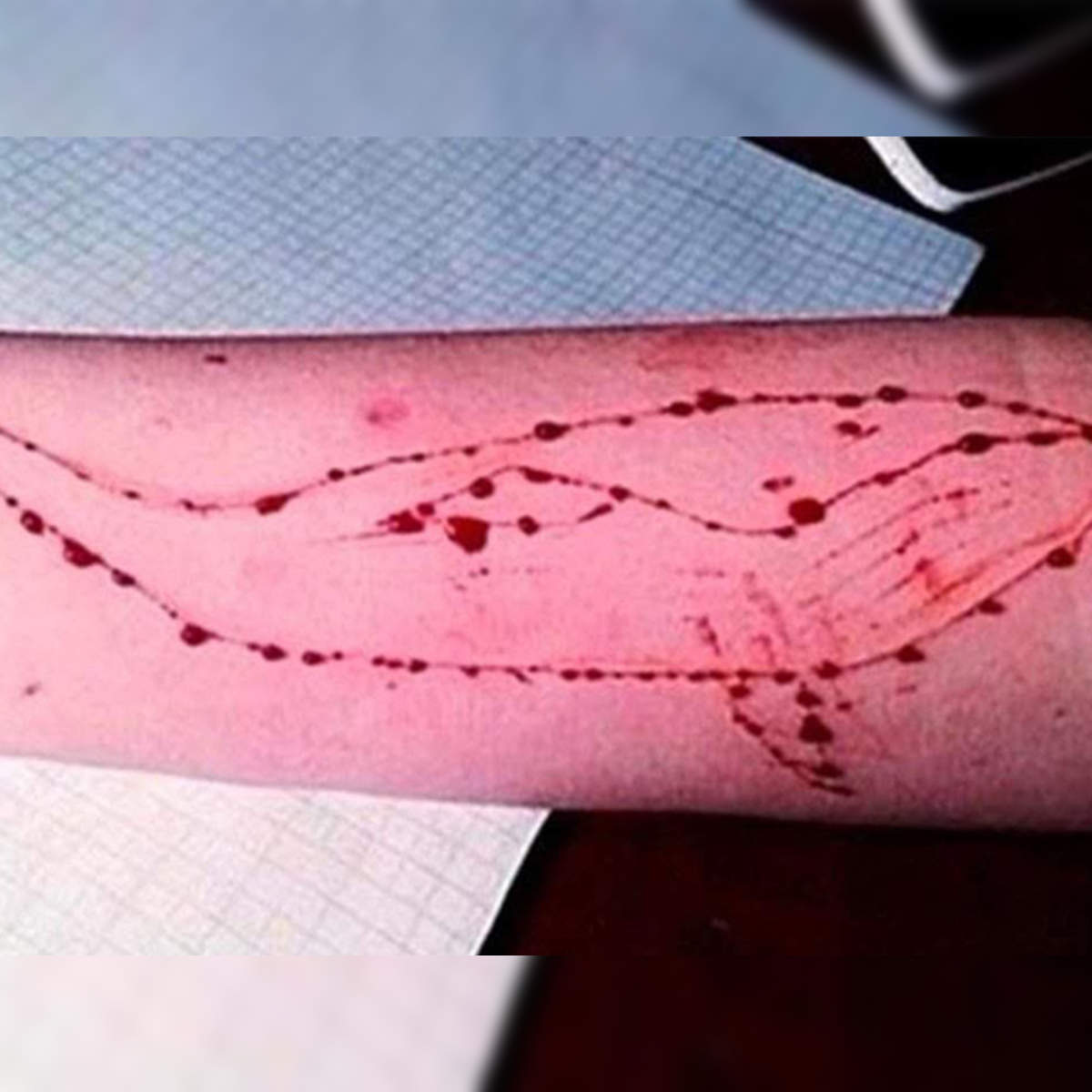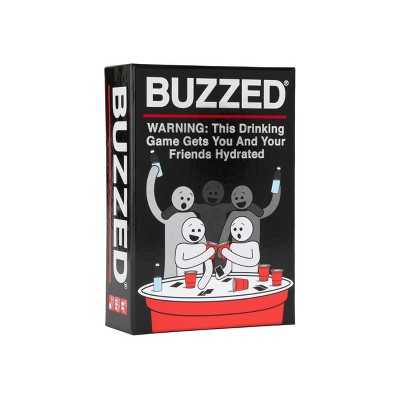Topic Blue Whale Game: Explore the Blue Whale Game, a digital enigma wrapped in controversy, and uncover the global efforts to understand and mitigate its impact on society.
Table of Content
- What is the Blue Whale Game and what are the tasks assigned to players?
- Overview of the Blue Whale Game
- Psychological Implications and the Role of Social Media
- Recognizing Signs and Preventing Participation
- Legal and Law Enforcement Responses
- Support Resources and Counseling for Affected Individuals
- YOUTUBE: The Blue Whale Game
- Community Awareness and Educational Initiatives
- Role of Parents and Guardians in Monitoring and Guidance
What is the Blue Whale Game and what are the tasks assigned to players?
The Blue Whale Game is a controversial online \"game\" that gained attention in the media due to its alleged involvement in several cases of self-harm and suicides. It is claimed that this game involves a series of tasks assigned to players over a 50-day period, with the final task being to take their own life.
While the exact nature of the tasks may vary, some commonly reported challenges include:
- Waking up at odd hours to watch scary videos or movies
- Listening to disturbing music
- Inflicting self-harm by cutting or carving symbols on the body
- Isolation from friends and family
- Engaging in sleep deprivation
- Performing dangerous acts, such as standing on the edge of a roof
It is important to note that the Blue Whale Game is highly dangerous and potentially harmful to individuals who participate. The negative effects and risks associated with this game have led to widespread concern and efforts to raise awareness about its dangers.
READ MORE:
Overview of the Blue Whale Game
The Blue Whale Game, also known as the Blue Whale Challenge, is a social media phenomenon that emerged in Russia around 2016. It is reportedly structured as a series of tasks assigned to players over a 50-day period, starting with relatively harmless tasks and escalating to more extreme and harmful activities, culminating in a task that encourages self-harm or suicide. The game targets teenagers and has been linked to numerous deaths around the world. Despite its notoriety, the existence and extent of the Blue Whale Game have been the subject of debate, with some experts suggesting it might be more myth than reality. Nonetheless, the alleged game has raised significant concerns regarding cyberbullying, online shaming, and the vulnerability of children on the internet.
Authorities and experts worldwide have reacted with warnings and advice for parents, educators, and young people. Police in various countries, including Russia, Armenia, Australia, Brazil, France, India, New Zealand, and the United Kingdom, have issued warnings about the game. Online safety organizations emphasize the importance of awareness, mental health support, and proactive measures to safeguard against such online threats.
It\"s important to approach the Blue Whale Game with a critical mindset and to understand the broader implications it has on online safety and mental health. While the game\"s specifics and its direct impact may be uncertain or exaggerated, the underlying concerns it raises about online behavior, cyberbullying, and the well-being of young internet users are very real and deserve attention and action.

Psychological Implications and the Role of Social Media
The Blue Whale Game has significant psychological implications, especially on vulnerable teenagers. It started as an online phenomenon where participants are manipulated into a series of harmful tasks, exploiting their psychological vulnerabilities. Participants, often adolescents, are targeted based on certain risk factors, including complicated upbringings, problematic family situations, and experiences of abuse or neglect. The tasks, increasing in severity, lead to isolation and self-harm, culminating in the ultimate task of suicide.
The role of social media in spreading this challenge is pivotal. Social media platforms serve as a conduit for curators to target and manipulate victims. The challenge exploits the thrill and the sense of being chosen that social media can induce, trapping teenagers in a cycle of escalating self-harm. The game uses sophisticated psychological manipulation, desensitization, and grooming behaviors to keep the participants engaged and submissive.
Understanding the psychological underpinnings and the role of social media is crucial for parents, educators, and healthcare professionals. It helps in recognizing the signs, providing the necessary support to vulnerable individuals, and implementing effective preventive measures. The Blue Whale Game is a stark reminder of the potential harm of social media and the importance of vigilance in the digital age.

Recognizing Signs and Preventing Participation
Recognizing the signs of involvement in the Blue Whale Game is crucial for early intervention and prevention. Parents and guardians should be vigilant and look for behavioral changes in their children, such as:
- Unusual waking hours, like getting up at a prescribed, early hour each day.
- Engaging in activities such as watching horror movies for an entire day or listening to specific types of music sent by an unknown individual.
- Signs of self-harm, or discovering engravings or markings, such as a blue whale, on their body.
- Extreme actions, such as climbing a crane or a high building without any apparent reason.
- Sudden secrecy about online activities or receiving mysterious, encrypted tasks.
- Changes in social media behavior, such as posting sad or distressing content.
Preventing participation in such harmful online activities involves a multi-faceted approach focusing on open communication, monitoring, and creating a supportive environment:
- Initiate open and honest conversations with your child about their online activities and experiences.
- Monitor your child\"s online activity subtly but effectively, using parental control apps if necessary.
- Understand your child\"s social environment both online and offline. Know who they are communicating with and the nature of these relationships.
- Be observant of any signs of distress, reluctance to discuss certain topics, or unwillingness to show parts of their body like arms.
- Create a safe and non-judgmental space for your child to communicate any issues they are facing.
It\"s essential to foster an environment where children feel comfortable discussing their concerns without fear of judgment or retribution. Awareness, proactive monitoring, and supportive communication are key to safeguarding against the dangers posed by online challenges like the Blue Whale Game.

Legal and Law Enforcement Responses
The Blue Whale Game, which has drawn global attention due to its alleged connection to numerous suicides among teens, has invoked a significant response from legal and law enforcement agencies. Recognizing the game as a potential abetment to suicide, various legal provisions have been invoked to combat this phenomenon. Key responses include:
- Abetment to Suicide: Legal authorities have classified the game under offenses like abetment to suicide, covered under specific sections of the Indian Penal Code (IPC). This categorization holds the curators of the game accountable for instigating and intimidating the players, leading to severe self-harm or suicide.
- International Efforts: The global nature of the game, often transcending borders, has posed challenges in jurisdiction and enforcement. International laws and cooperative efforts play a crucial role in addressing these challenges, focusing on protecting the right to life and maintaining the physical and mental health standards as enshrined in international human rights instruments.
- Judiciary Involvement: High courts, such as the Delhi High Court, have actively sought responses from internet giants and the government to take down links associated with the Blue Whale Game, recognizing the urgent need to address the spread of this harmful online phenomenon.
- Monitoring and Training: Law enforcement agencies are continually monitoring social media and the internet for malicious content related to the game. Moreover, regular training programs for law enforcement personnel are conducted to ensure they are equipped to deal with the challenges posed by such online phenomena.
Despite the challenges, the combination of legal provisions, international cooperation, vigilant monitoring, and judiciary involvement forms a multifaceted approach to mitigate the risks associated with the Blue Whale Game and similar online threats.

_HOOK_
Support Resources and Counseling for Affected Individuals
The Blue Whale Game, a concerning social media phenomenon, has prompted the establishment of several support resources and counseling services for affected individuals and their families. It is vital to understand that those involved in or affected by the game should not hesitate to seek help. Available support resources include:
- Global Support Services: Organizations like Cybersmile provide a Global Support Service, offering assistance to those affected by the Blue Whale Challenge and other forms of online abuse. Remember, it is crucial to contact emergency services or medical professionals if immediate help is needed.
- Parental Guidance and Online Safety: Internet Matters offers comprehensive guidance to parents on how to protect their children online. They emphasize the importance of regular communication, privacy settings management, and how to report and block malicious content.
- Positive Online Movements: In response to the Blue Whale Game, positive movements like Baleia Rosa (Pink Whale) and Capivara Amarela (Yellow Capybara) were initiated. These movements focus on valuing life, combating depression, and providing guidance and support to those in need.
- Educational Initiatives: Schools and educational institutions have played a proactive role by organizing lectures and discussions to raise awareness about the dangers of such online games and to promote positive mental health practices.
Addressing the challenges posed by the Blue Whale Game requires collective efforts from individuals, families, support organizations, and legal bodies. Staying informed, vigilant, and supportive is key to ensuring the safety and well-being of all individuals, especially the youth, in the digital age.

The Blue Whale Game
\"Experience the thrill of risky adventures and heart-pounding moments in this adrenaline-pumping video showcasing some of the world\'s most dangerous stunts. Brace yourself for jaw-dropping action!\"
What is the Blue Whale Suicide Game? The Doctors
\"In this emotional and eye-opening video, we shed light on the sensitive topic of suicide prevention. Join us in raising awareness and understanding, as we explore stories of hope, resilience, and the power of seeking help.\"
Community Awareness and Educational Initiatives
Community awareness and educational initiatives play a pivotal role in combating the risks associated with the Blue Whale Game. These efforts aim to inform, educate, and empower individuals, especially the youth, to navigate the online world safely and make informed decisions. The key components of these initiatives include:
- Interactive Workshops: Institutions like the Nehru Science Centre in Mumbai have conducted workshops with esteemed psychiatrists to discuss the Blue Whale Game and identify vulnerable children. These workshops provide a platform for sharing knowledge and strategies to protect young individuals from such harmful online activities.
- Online Safety Education: Organizations like Internet Matters offer valuable resources for parents and educators. They emphasize the importance of understanding what children are engaged in online, managing privacy settings, and teaching children how to respond to malicious or inappropriate content.
- Mental Health Awareness: Recognizing the psychological aspect of the game, it\"s crucial to be aware of signs of distress, isolation, or self-harm in children. Platforms like White Swan Foundation provide insights on adolescent behavior, the importance of critical thinking and emotional resilience, and how parents can maintain a balance between monitoring and respecting their child’s privacy.
- Community Movements: Positive community movements and alternative challenges that promote life-affirming activities and provide support and community for those in need have emerged as a counter-response to harmful games like the Blue Whale.
Through these community awareness and educational initiatives, it is possible to create a safer online environment and foster resilience against harmful online content and behavior.

READ MORE:
Role of Parents and Guardians in Monitoring and Guidance
As the Blue Whale Game emerges as a significant concern, the role of parents and guardians in monitoring and providing guidance is more crucial than ever. It\"s important to acknowledge that while the existence of the game poses challenges in terms of control and ban due to its nature, parents and guardians can play a proactive role in safeguarding their children. Effective strategies include:
- Understanding the Online Environment: Recognize that the game operates through personal communication platforms, making it challenging to control or ban it outright. Instead, focus on being aware of your child\"s online activities and interactions.
- Open Communication: Engage in open and honest conversations with your children about their online activities. Be alert to signs of distress or withdrawal, which may indicate exposure to harmful online content or games.
- Use of Parental Controls: While technology alone isn\"t the answer, use parental control tools judiciously to monitor your child\"s online presence. Be mindful of the time they spend on electronic devices and be observant of their online behavior.
- Creating Safe Spaces for Discussion: Encourage discussions about online safety and mental well-being in safe spaces such as homes and schools. Emphasize the importance of seeking professional help if you notice signs of mental distress or unusual behavior in your child.
- Building Awareness and Resilience: Educate your children about the potential risks of online games and challenges. Teach them to critically assess online content and to resist peer pressure and threats.
By taking these steps, parents and guardians can significantly mitigate the risks posed by online challenges like the Blue Whale Game and ensure a safer digital environment for their children.
In navigating the complexities of the Blue Whale Game, collective vigilance, informed dialogue, and proactive steps towards online safety pave the way for a resilient and aware community, safeguarding the well-being of our digital citizens.











